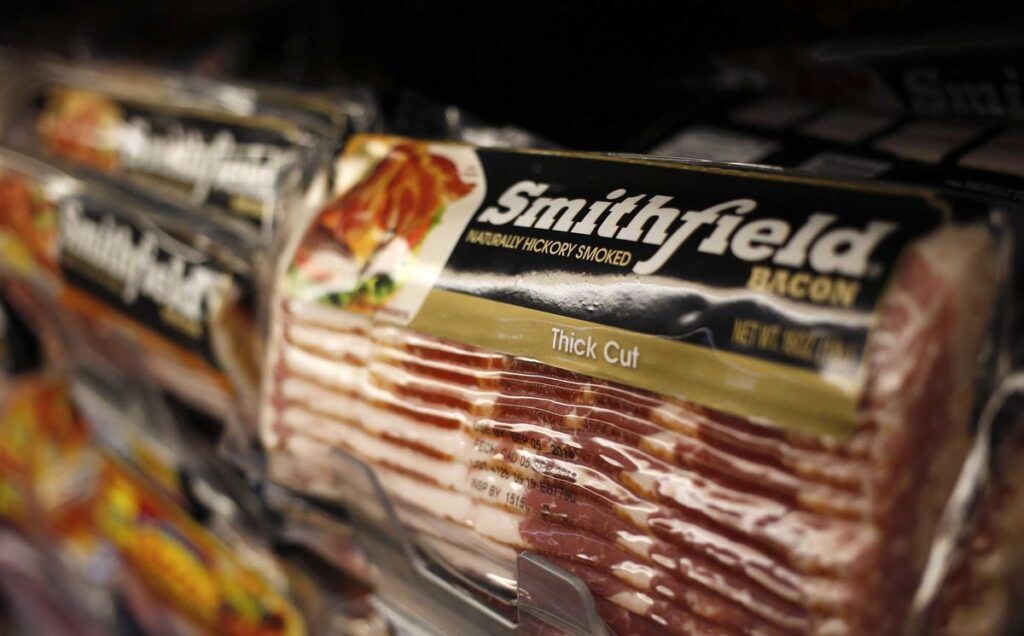Smithfield Foods, one of the worlds largest pork processors, is closing down its plant in Vernon, California, and reducing its sow herd, saying the cost of doing business in the state wasn’t worth it.
The company made the announcement on June 10 adding that they will also be and scaling back operations in California, Utah and Arizona.
In a news release, the company said: “will cease all harvest and processing operations in Vernon, California in early 2023 and, at the same time, align its hog production system by reducing its sow herd in its Western region”
They added that “Smithfield is taking these steps due to the escalating cost of doing business in California”
The Western Journal reports: “It’s increasingly challenging to operate efficiently there,” Smithfield Foods spokesperson Jim Monroe told the Wall Street Journal. “We’re striving to keep costs down and keep food affordable.”
Owned by Hong-Kong-based conglomerate WH Group, Smithfield is the largest pork processor in the country by volume.
Like other food businesses nationwide, the company was hit by a combination of supply chain and labor shortages, the ongoing record-high inflation, and the war in Ukraine — a major producer of wheat—which sent grain prices soaring worldwide.
Because grain is a crucial ingredient in livestock feed, the impending grain shortage also spiked livestock feed prices, raising the California plant’s production costs.
Adding salt to economic injury were utility costs in California, which, according to the company’s spokesman, were 3.5 times higher per head than those in the 45 other plants in the country run by Smithfield.
Furthermore, according to Monroe, California’s regulatory environment has made it difficult for the pork processor to do business there.
The spokesman pointed to Proposition 12, a 2018 voter-approved rule, which mandated that food processing companies confining pigs and sows must have adequate spaces for the animals to lie down and move around.
The regulation effectively rendered confining such animals in smaller stalls unlawful, to the dismay of food producers, who pointed out that the regulation would raise food costs and push up production costs.
In addition to closing down the Vernon plant, the company said in the Friday news release that it would look at “strategic options to exit its farms in Arizona and California” in addition to scaling back its sow herd in Utah.

